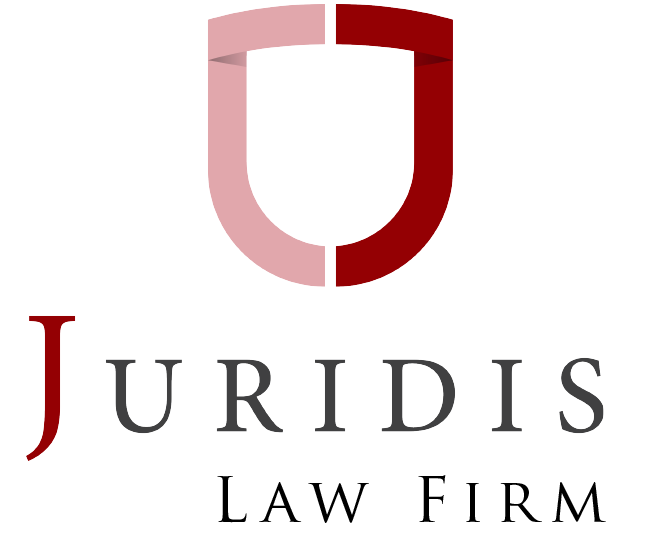News & Publications
Summary Betamax judgment JCPC
The Privy Council upholds the limited scope of intervention of the Supreme Court to set aside an arbitral award under the International Arbitration Act 2008
In a decision delivered today 14th June 2021, the Judicial Committee of the Privy Council highlighted the limited scope of intervention of court when dealing with an arbitral award which is final and binding on the parties under the International Arbitration Act 2008.
This decision concerns a dispute opposing Betamax to the State Trading Corporation (a public body corporate) whereby the Privy Council had to determine in the context of an application to set aside an arbitral award in favour of Betamax, whether the Supreme Court was entitled to decide if the contract has been entered into in breach of the legislative provisions (Public Procurement Act 2006 and Public Procurement Regulations) and if this alleged breach justified the setting aside of the arbitral award as contrary to the public policy of Mauritius.
Background Facts
On 27 November 2009, Betamax entered into a contract of affreightment (‘COA’) with the STC. Under the COA, which was governed by the laws of the Republic of Mauritius, and provided for arbitration under the Singapore International Arbitration Centre Rules, Betamax was to build and operate a tanker and make available for a period of 15 years the freight capacity of the vessel for the transport of STC’s petroleum products from Mangalore, India to Port Louis, Mauritius.
On 30 January 2015, it was announced by the new Government in Mauritius that it would terminate the COA on the basis that the award of the contract was in breach of the Public Procurement Act 2006 (the “PP Act”) and the Public Procurement Regulations (the “PP Regulations”).
Following the Cabinet decision, STC informed Betamax that it would no longer require its services.
On 15th May 2015, Betamax filed a notice of arbitration against STC, claiming damages for breach of the COA. On 5 June 2017, the designated arbitrator made an award in favour of Betamax (the “Award”), which determined that the COA was not made in breach of the Mauritian public procurement laws and Betamax was entitled to USD 115.3M in damages.
Following the Award, both parties applied to the Supreme Court of Mauritius (the “Supreme Court”): Betamax to enforce the Award; STC to set aside the Award for several reasons, including that the Award conflicted with the public policy of Mauritius (applying section 39(2)(b)(ii) of the International Arbitration Act 2008).
On 31 May 2019, the Supreme Court set aside the Award and held that the COA was made in breach of the PPA and therefore illegal. Such illegality was flagrant, so the Award should be set aside as to enforce would conflict with Mauritian public policy.
The Supreme Court granted Betamax permission to appeal to the Judicial Committee of the Privy Council (the “Board”).
The appeal raised three issues: (1) was the Supreme Court entitled to review the arbitrator’s decision that the COA was not in breach of Mauritian public procurement laws; (2) if the Supreme Court was entitled, was the COA illegal; and (3) if the COA was illegal, was the Award in conflict with the public policy of Mauritius?
Decision of the Board
Through an overview of the Mauritian legal framework for international arbitration, more particularly as regards:
- the jurisdiction of the arbitral tribunal,
- the separability of the arbitration agreement,
- the finality of awards,
- the unavailability of appeals on points of law, and
- the limited scope for intervention by the court,
the Board considered that the Supreme Court was in error in reviewing the decision of the Arbitrator that the COA was exempted from the provisions of the PP Act and PP Regulations.
The Board went on to consider that as the Award was final and binding on the parties there were no issue that arose under section 39(2)(b)(ii) of the International Arbitration Act as to whether the Award was in conflict with the public policy of Mauritius.
Despite the above conclusion, the Board nonetheless set out the reasons for its view that the Arbitrator reached the right conclusion that the COA was exempted from the legislative provisions of the PPA and the PP regulations and was therefore not illegal.
The Board went on to give its interpretation of Regulation 2A and the reason for its insertion.
According to the Board, the purpose of inserting Regulations 2A was to make it clear that the PP Act remained applicable in respect of all contracts made by those public bodies other than the contracts specified in the PP Regulations 2009. As such it would provide for consistency and avoid conflict between the different provisions in the PP Act and the PP Regulations 2009.
The Board further stated that as STC was purchasing petroleum for resale and as the COA was a contract for the supply of freight incidental to that purchase for resale, it was within the ambit of exemptions provided for in the PP Regulations 2009.
The Board finally concluded that even if the Supreme Court had been correct in its interpretation of section 39(2)(b)(ii) of the International Arbitration Act, the Arbitrator reached the right conclusion in the Award on the exemption of the COA from the procurement regime.


